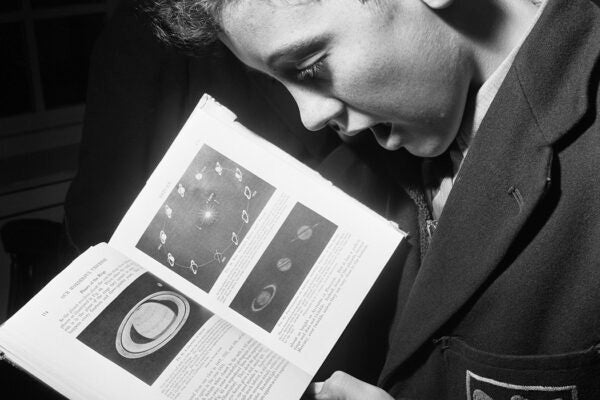In Japan, there are many mascots for many things. They are yuru-kyara (or yuru-chara), “loose” or “wobbly characters,” rooted in and evolved from traditional religious deities, and now ubiquitous in everyday life. Cities, prefectures, public services, corporations, sports teams, and even traditionally inanimate objects have (or have become) a cartoon mascot. The Twitter account Mondo Mascots documents this phenomenon daily, where Japanese manatees with KISS makeup are posted along with the likes of Chocoemon, “a local samurai legend who was reincarnated as a guitar-playing dog.”
Recently, a few mascots associated with the COVID-19 outbreak have begun to show up. Thailand recently introduced “Covid-kun,” a red viral particle with spikes, three eyes, and sharp, fang-y teeth, that wants children to wash their hands and maintain social distance. As covered in Time Out Tokyo, Japan has a mascot for hand washing as well: Shinjuku Awawa (soap bubble superhero). For six years, it’s been the representative of the Shinjuku Food Sanitation Association’s campaign for hand hygiene. With the COVID-19 outbreak, it’s been working to educate a broader audience (from afar).
There’s also Quaran the Quarantine Mascot, created by Japan’s Ministry of Health, Labor, and Welfare prior to the current outbreak. It’s said to be a “fairy,” flying around the world and preventing the importation of dangerous goods and disease—perhaps calling back to the religious origins of the yuku-kyara.
Other countries have created superheroes for COVID-19: Mexico has introduced Susana Distancia, a woman in a superhero costume in a bubble, to remind you how far away you should be for social distancing. Taiwan has a Shiba Inu dog, Zongchai, who covers the important questions, as well as snappy dating advice: “What if I’m single?” “Stay home then”—advice that may be easier to take coming from a cute dog.
Weekly Newsletter
The US Consumer Safety Product Safety Commission has had various mascots of sorts on its Twitter account for a few years, getting a writeup about the sometimes strange, sometimes cute, sometimes metal messages for followers about household safety and product recalls. A snowy owl with a crown named Reggye reminds you to turn off your space heaters before going to bed. Safety Whale reminds you to change your smoke detector battery.
On March 20, 2020, a new spokesanimal debuted: Quinn the Quarantine Fox. Amid the advice for safe “stay-at-home”-ing, they post a soothing nightly tweet: “Good night, kind friends. Tomorrow we care for one another all over again.”
Support JSTOR Daily! Join our new membership program on Patreon today.







